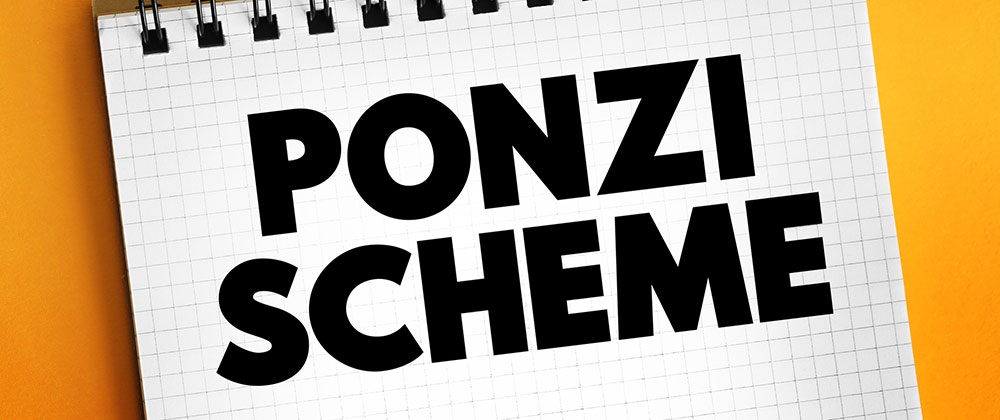The Securities and Exchange Commission recently filed insider trading charges against a doctor who is alleged to have purchased shares in a supply chain services company on the basis of a tip of material, non-public information he received from a company executive concerning an impending acquisition. The SEC further alleged that he then sold the shares at a profit once the acquisition was publicly announced. The good doctor made a “whopping” $8,330.00 in profits from his alleged illegal insider trades.
In its Complaint, the SEC sued the doctor for fraud under Section 10(b) of the Securities Exchange Act of 1934. With neither admitting nor denying the SEC allegations, the doctor settled the SEC case by consenting to the entry of a final judgment that permanently enjoins him from violating the charged anti-fraud provisions, and orders him to pay $8,330 in disgorgement, a little over $500 in prejudgment interest, and a civil penalty of $24,990, totaling $33,847.
I am often asked if the SEC will “bother” prosecuting an insider trading case where only a small profit is realized. The answer is yes — the SEC will invest its limited resources in pursuing such a case if the facts supporting an insider trading charge are particularly strong. The SEC is not so much concerned with how much profit was made, or the extent of the losses avoided, but rather is focused on bringing insider trading cases it can win (i.e., prevail at trial) in order to send a strong message of deterrence to the financial markets and investing public. This case proves the point: the SEC sued the doctor for profits gained of less than $10,000.
Interestingly, the SEC seems to have breached its typical insider trading settlement protocol in this case by requiring a penalty ($24,990) that was exactly three-fold that of disgorgement ($8,330). In a typical SEC insider trading settlement, the SEC will require only a penalty in the exact amount of disgorgement (i.e., the profit made or amount of loss avoided). Usually, a penalty that is treble that of disgorgement would only be sought and obtained by the SEC in the event that it took the case to trial and won. I assume that the civil penalty was trumped-up in this case solely because the disgorgement amount was so minimal.
David Chase is a SEC defense attorney and former SEC Prosecutor who represents and defends those around the world who are being investigated or prosecuted for insider trading in SEC investigations or insider trading criminal cases. Mr. Chase is the principal of the Law Firm of David R. Chase, a SEC law firm, located in Fort Lauderdale, Florida. For a confidential consultation, you may contact Mr. Chase at: david@davidchaselaw.com or toll-free at: (800) 760-0912. The law firm’s website is: securitiesfrauddefense.net.



